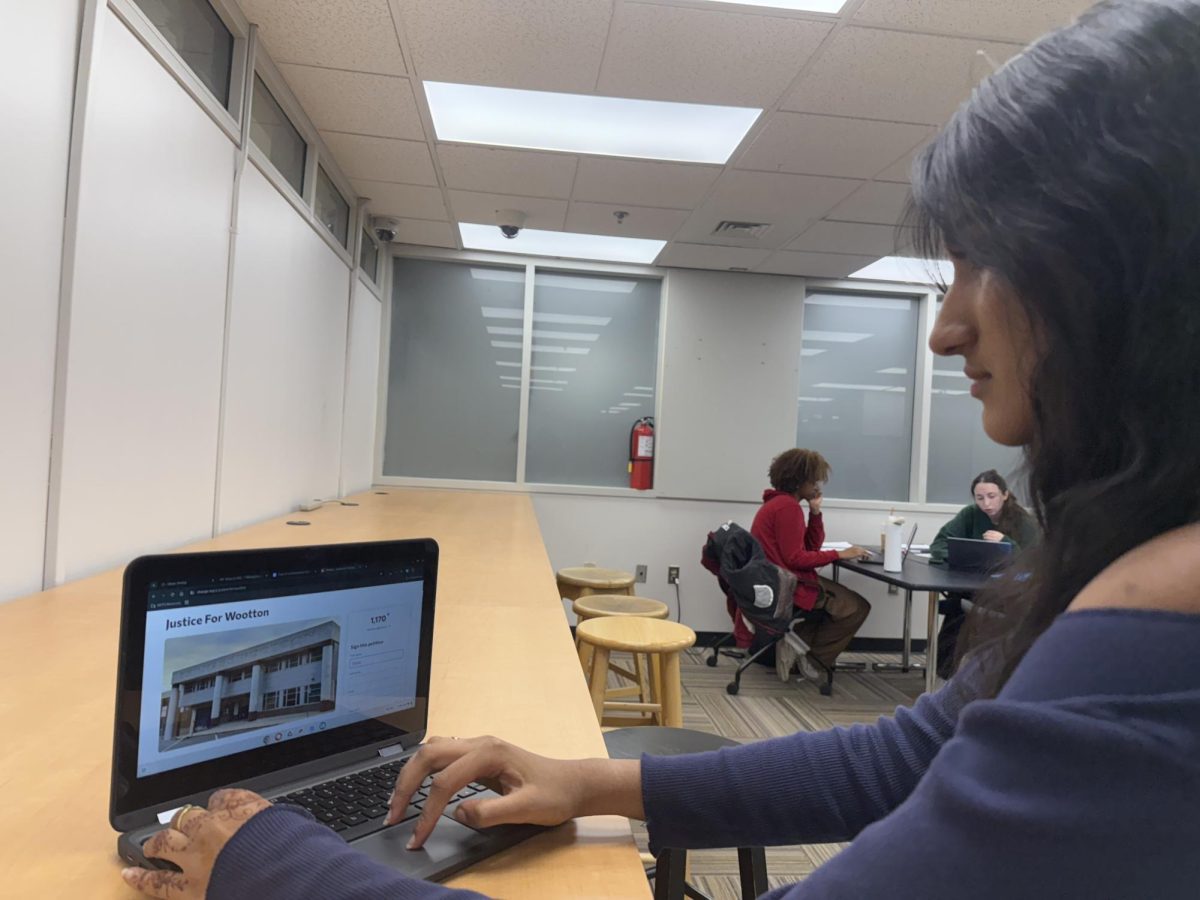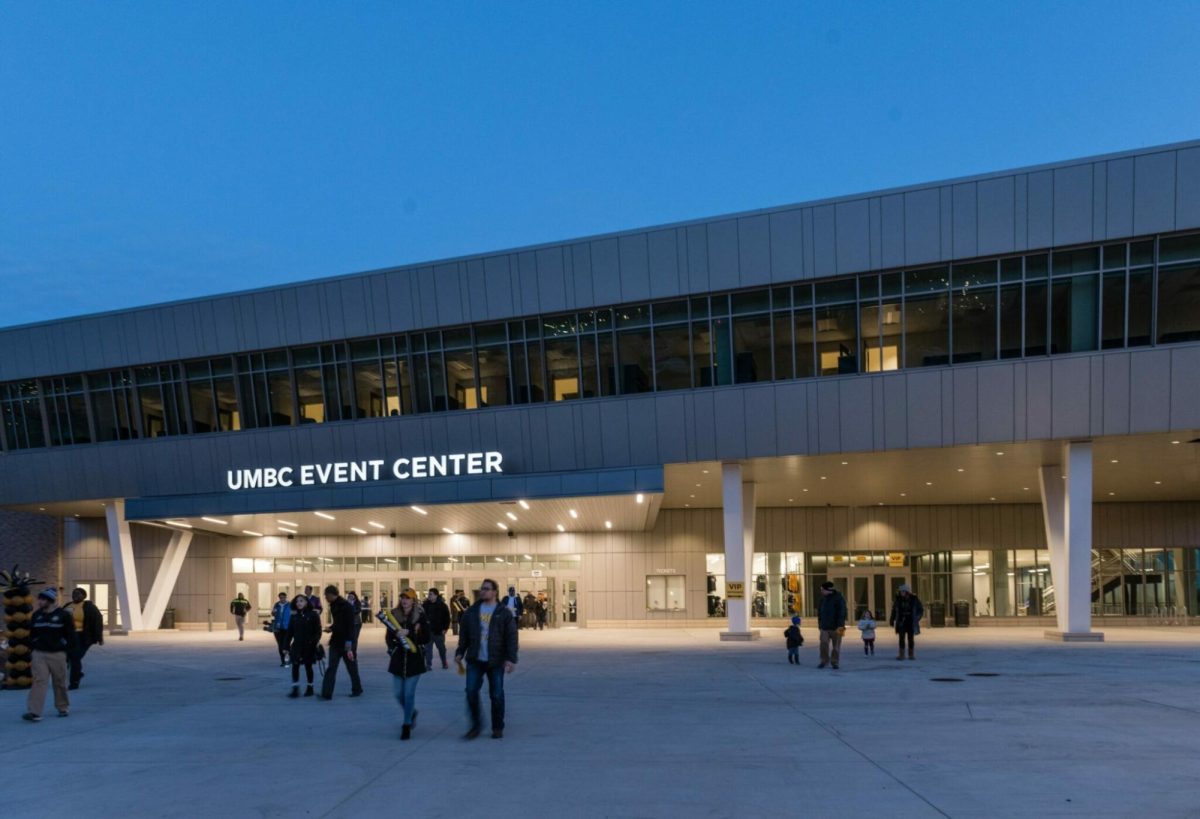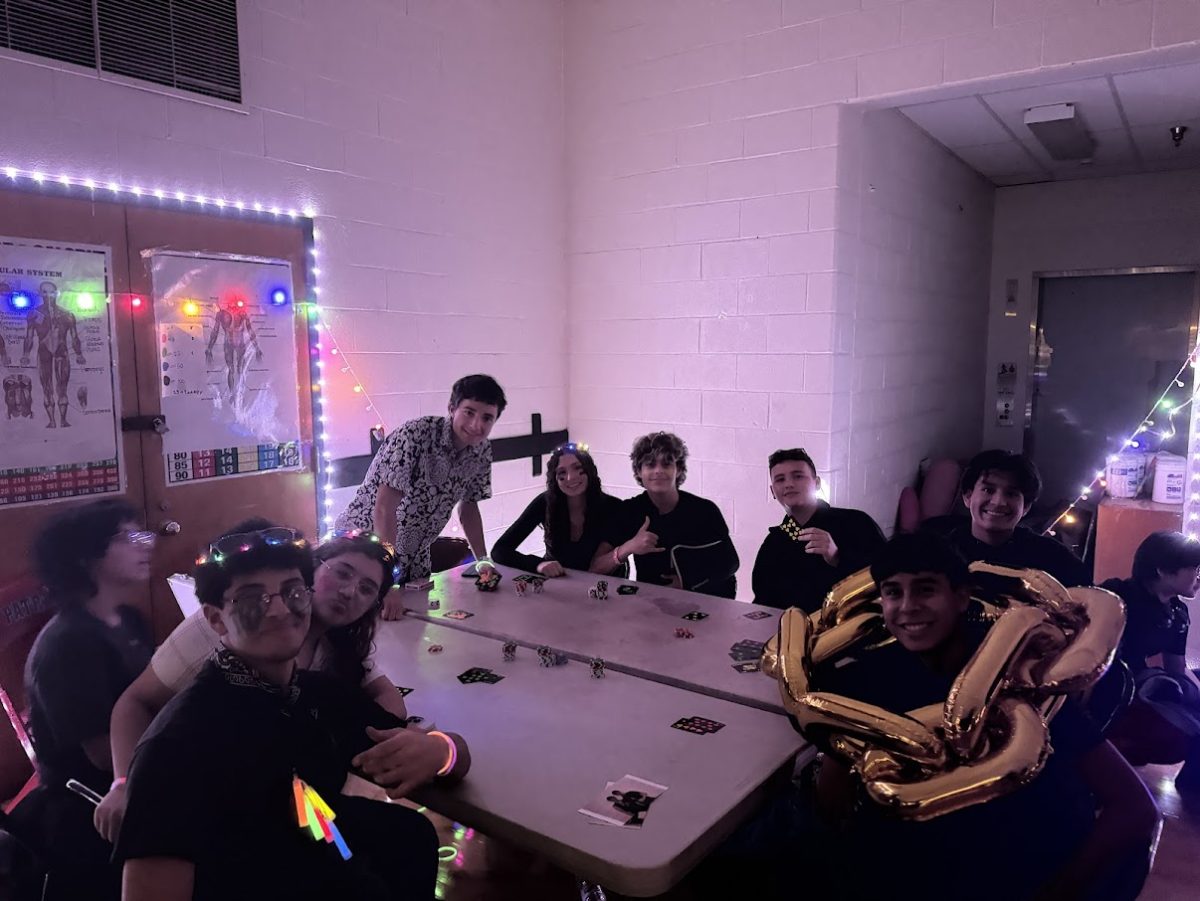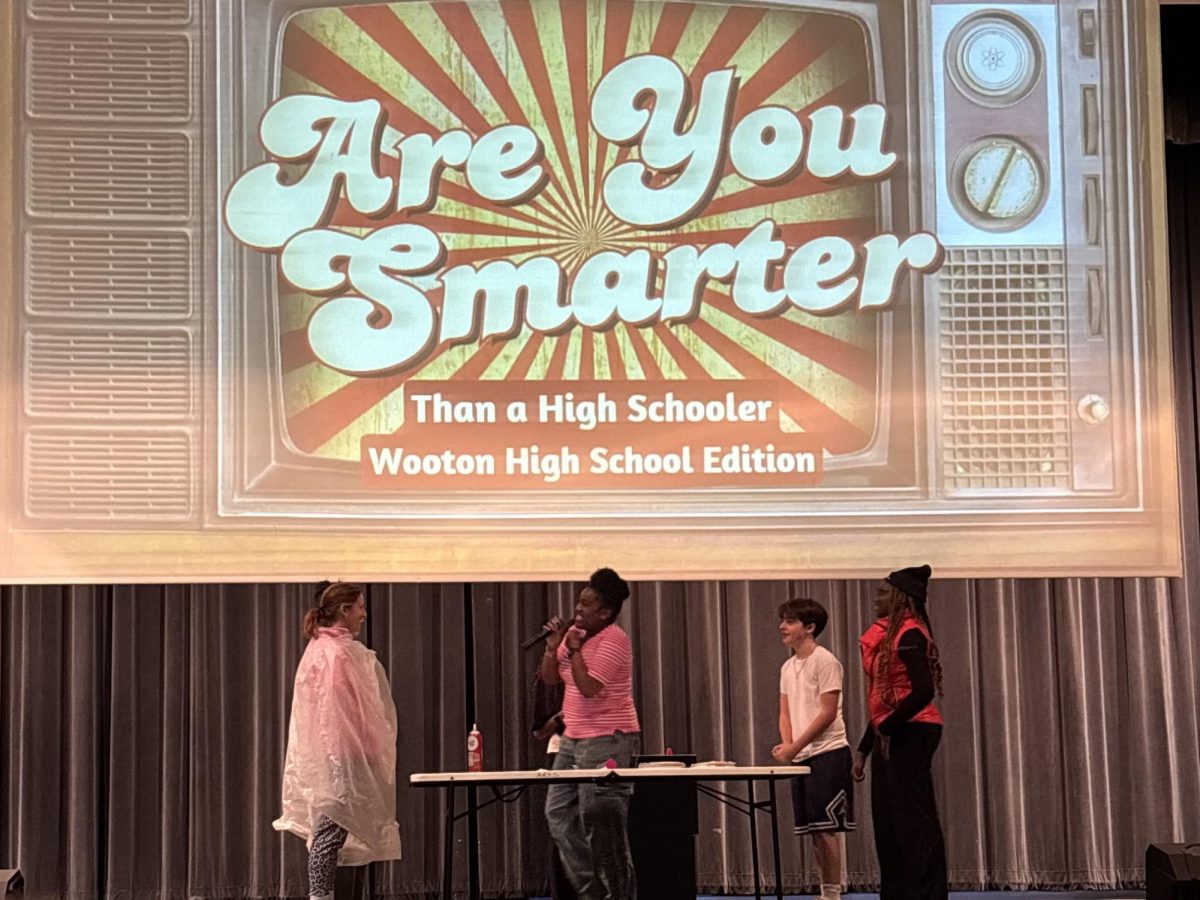Christian Club features a popular religion shared among the members of the club and strives to inform others about their religion. The club welcomes anyone no matter what religion they believe in.
The club’s president, senior Patrick Liu, spreads the ministry of the Gospel and encourages others to feel comfortable discussing their faith at school.
According to freshman Katrina Huen, who heard about the club from Liu, the club’s main focus is to learn more about religion and share it with others. Liu administrates this youth ministry and leads the club through Bible study and worship in their daily meetings. “They start off with icebreakers, then read the Bible, pray, memorize verses and talk about God,” freshman Rosie Leflore said.
People in the club encourage anyone who wants to join or just learn more about religion, according to Leflore. It can also be a place for students to socialize with each other or just to get to know other students. Huen enjoys seeing her friends at the club.
Whether or not students believe in religion, the Christian Club encourages students to join in fellowship. It’s a great place to grow in faith or somewhere to start. “You should join the club if you want to know more about religion,” freshman Tyra Nyame said.
It’s a safe environment for students to learn the gospel and worship. “The people there aren’t judgmental,” she said.
The Equal Access Act (EAA), which was adopted by Congress in 1984, gives all public secondary school students equal rights to practice their religion and individual belief systems. This act also guarantees a “limited forum” where a public school allows “non curriculum related student groups to meet on school premises during non instructional time,” according to EAA.
A “non curriculum related student group,” which was credited in the EAA, refers to student-led groups whose activities are not directly related to courses given by public schools. This act as well as the First Amendment guarantees public school employees and students the right to exercise their religious freedom without worry of discrimination.
School personnel such as teachers refrain from participating or leading in religious clubs. However, they can advise or monitor club meetings. When they are acting as representatives of their school, their rights are constrained by the Establishment Clause, which institutes a separation of church and state.
In one case, the Supreme Court ruled that use of public facilities after school could not be denied to groups because they are religious.







